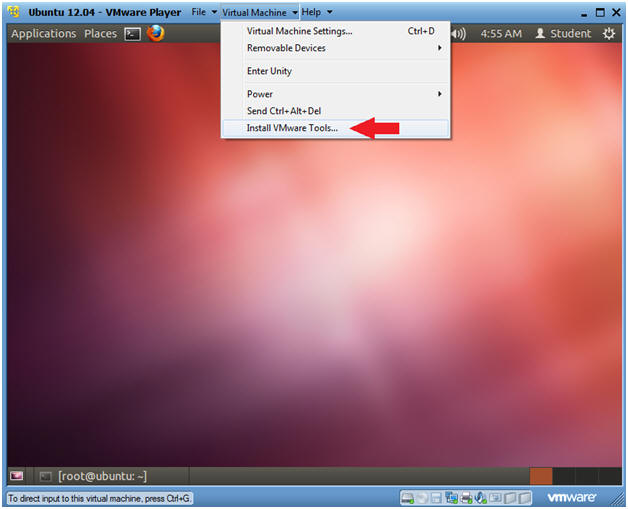
It is an Open-source, cross-platform supported environment. It allows you to run the JavaScript code as a standalone application in your machine. It is popular to build back-end server-side application development, but nowadays, it is used in full-stack web development and front-side solutions. The default package manager for Node.js is called npm it is the world’s largest software registry. In this guide, we will show you how to install Node.js and npm on Ubuntu 20.04 using various methods, which you can use to implement in any Ubuntu-based distribution.

Suppose you want to install Node.js as a runtime for deploying or hosting any Node.js application. In that case, you should use to install Node.js from the NodeSource repository, but if you are a developer and wanted to create a development environment for Node.js application development, prefer to go with NVM script to install Node.js. Necessary cookies are absolutely essential for the website to function properly. These cookies ensure basic functionalities and security features of the website, anonymously. Install Node.js and NPM using NVM Prerequisites. This cookie is set by GDPR Cookie Consent plugin. A root password is configured on your server.

Install Node.js and NPM from Ubuntu Repository. At the time of writing this article, the latest Node.js version available in the Ubuntu default repository is 10.x. This is the simple and easiest method to install Node.


The cookie is used to store the user consent for the cookies in the category "Analytics". The cookie is set by GDPR cookie consent to record the user consent for the cookies in the category "Functional". The cookie is used to store the user consent for the cookies in the category "Other. The cookies is used to store the user consent for the cookies in the category "Necessary". The cookie is used to store the user consent for the cookies in the category "Performance". The cookie is set by the GDPR Cookie Consent plugin and is used to store whether or not user has consented to the use of cookies.


 0 kommentar(er)
0 kommentar(er)
